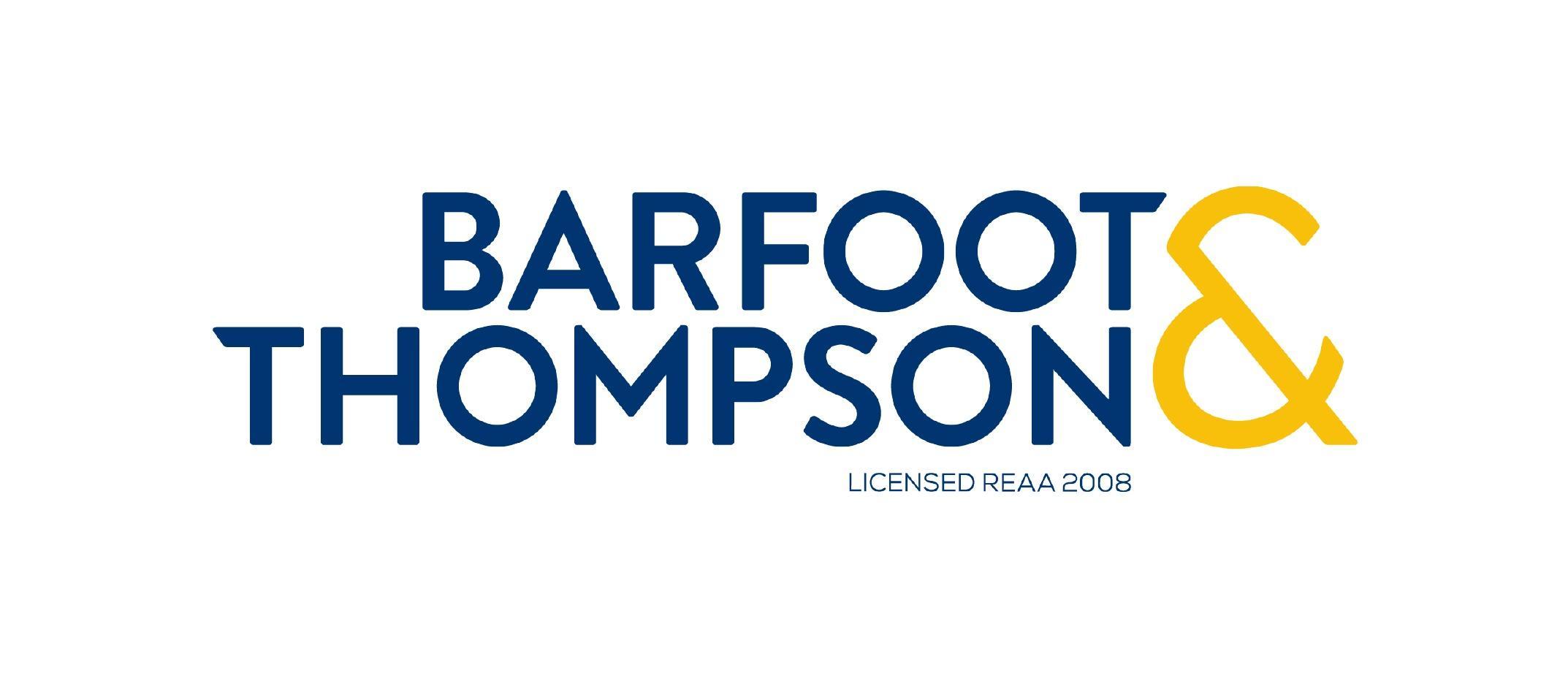The landlord industry has been rocked, in recent months, by the effects of the High Court’s decision of Anderson v FM Custodians Ltd [2013]
NZHC 2423. Specifically, the case has been cited as authority for tenants to claw back 100% of all rents paid throughout the time of tenancy
at the point of dispute. It doesn’t take much to acknowledge the gross injustice in most cases where landlords are not recompensated at all for
granting the benefits of exclusive possession to tenants. Still, if the recent Tenancy Tribunal order of Edwards, Bethani vs Wongeoon Vast Limited is anything to go by, it appears that all is not lost.
1. Background
Much had been written about Anderson and are widely available on the internet. A good breakdown of the effects it has on residential tenancy
can be found here. For the purpose of this discussion, it is sufficient to point out that Anderson has determined that unconsented premises
are not captured by the definition of ‘residential premises’ under the Residential Tenancies Act (“RTA”). Concerned properties, therefore, fall
outside of the RTA and are beyond the reach of the Tenancy Tribunal. The effect is such that the Tribunal itself has no jurisdiction to determine
claims deriving from the unconsented/unlawful nature of the property. That all sounded like an exercise in academic hair-splitting until Parry, Natalie Michelle vs Inglis, Vic came to popular attention. The adjudicator
in Parry, citing Anderson as precedent, determined that the tenant was entitled to claw back all the rents paid during the tenancy
without considering the landlord’s counterclaim. In the end, Mr. Parry had to sell his rental property in order to satisfy the order. It
is worthwhile to note that this case is currently under appeal and will be heard at the District Court.
We are somewhat unsurprised to hear, anecdotally, that there has been an increasing number of inquiries into property files at council level as well as
clawback claims at the Tribunal level. Until the RTA Amendments take effect and further lobbying results can be achieved, landlords are operating in a quasi-limbo space characterised
by uncertainty and increasing vulnerability.
2. Practical effect of Anderson and Parry
A policy-based argument is often made that the landlord bears a degree of responsibility for his tenant’s health and safety through the quality of housing
provided. This is a position organisations like ours have always wholeheartedly embraced. Indeed, legislation should be passed to drive
out slumlords and those who are profiteering off tenants living in unsafe, unhealthy, and unsanitary environments.
But the combined effects of Anderson and Parry, or at least how they are being commonly utilised right at this moment, do not speak to
the preservation of tenants’ health and wellbeing at all. In many cases, the two precedents are cited as basis for tenants to claw back all the
rents paid during the tenancy irrespective of being negatively impacted by the property itself. To landlords, the current state of affairs is
substantially unjust. Policy-wise, it is also unsustainable to allow a system where tenants enjoy the benefits of accommodation without any cost.
3. Edwards, Bethani vs Wongeoon Vast Limited
Edwards is one such post-Anderson–Parry clawback claim. We are encouraged to see the adjudicator denying the claim on
the following basis:
- That an analogous common-law scenario of a lease that is granted for a property that cannot be lawfully occupied by the tenant does not invalidate
the lease itself, nor does it entitle the tenant to recover any rent paid. The correct treatment is for the unlawful nature of the property
to be treated as a breach tenant’s right (of quiet enjoyment) and the legal remedies must flow from that breach; - It is difficult to accept that Parliament, in drafting s137 of the RTA, had intended the Tribunal to allow rent clawback in every case of unlawful
property as it would be a ‘crude, all or nothing and disproportionate response in many cases’.
have the effect of further clarifying the law. For the time being, we will continue to support the lobbying efforts of our national affiliate,
The New Zealand Property Investors’ Federation, to affect a more commonsense outcome.













Add Comment